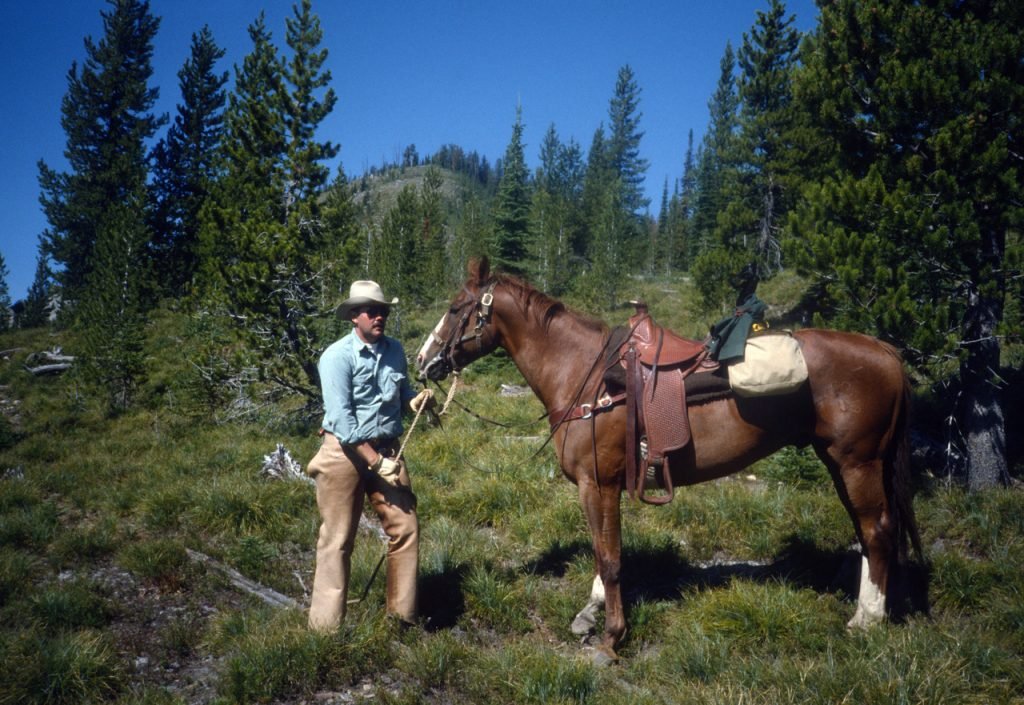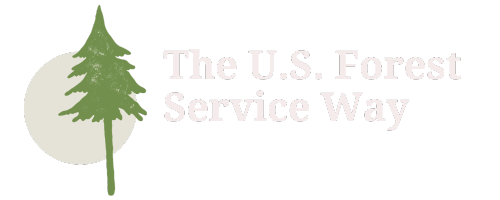Things do not change, we change.
–Henry David Thoreau
I retired from the US Forest Service January 2, 2005. Three days later, I was on the road to Richmond, Virginia, to give a presentation at the opening of a conference honoring the agency’s centennial. I had been immersed in my work for so long, I did not know how to feel, what to think, or what to do without my work. It took me years to stop introducing myself as the “retired Director of Grey Towers.” I know a lot of retired Forest Supervisors do the same. I needed to take a break and stop thinking about the agency 24/7 – maybe become a different person. The real me. Now some fifteen years later, I have learned the Forest Service in me is the real me.
My wife Kathe and I purchased a travel trailer so we could take our grandsons camping in Montana and Idaho. We set out on our maiden Western voyage from Milford, Pennsylvania in 2020. For most of the summer, the Missoula Valley was choked with smoke. The Columbia River Gorge was hot as an oven. In Northern California, the ground was dry as dust, and every evening the sound of the fire-retardant planes taking off, one after another, pierced the quiet of the Sierra Nevada’s western slope. It triggered something hidden away in a corner of my brain and I started to think about what Forest Supervisors must be experiencing.
I served as Forest Supervisor of the Flathead National Forest for six years in the 1980’s, and Director of Grey Towers, Pinchot Institute of Conservation, for 15 years ending in 2005. Seems like ancient times. Fire may have been 10 percent of the Forest Service’s annual budget at that time. We would have the occasional 10,000-acre fire, but mostly we discussed how to introduce “prescribed wildfire” into our management strategy. We prayed for a fire each fall. This was how us worker bees earned extra money to replace our old refrigerator or washing machine or got a new shotgun they had been drooling over. We also knew fire had regenerative properties that were part of healthy forests. When we had a fire, it was typically short-lived. NO ONE is praying for more fires today.
David Brooks, New York Times writer and PBS commentator, said in an interview about his new book, How to Know a Person: The Art of Seeing Others Deeply and Being Deeply Seen, responded to the question “Is this a self-help book?” His response is telling, “all my books are self-help books. Self-help for me.” All writing is about self-learning, and this blog is no different. I know I am writing this mainly for myself. I initially thought I was writing for others.
There are those who believe little can be done to prepare for what arises in today’s unpredictable environment. Our history shows we can. As Al states in the preface, effective leadership is less about directing and more about listening, learning, and understanding, and then adjusting one’s own perspectives, biases, and predilections. At its best, this learning process is a shared experience that becomes richer over time and is career-long if not life-long. And finally, basic virtues like honesty, openness, fairness, and respect (core Forest Service values) play a far larger role in the agency than is often recognized.
These views are mine, and hopefully you will find them of interest. This blog, which I am calling the Forest Service Way, summarizes my experiences and understanding of leadership in the Forest Service and how the need for it developed. So, why am I writing about my leadership experience so long since I began my service in the Forest Service, and so long since I retired, when the agency has clearly continued to develop and deepen its leadership development efforts? Because, I, like most of you reading this blog, I am grateful for having such a meaningful career. I know most of Forest Service employees feel that way. I want to share my contribution to the agency and encourage you to create and share yours.

